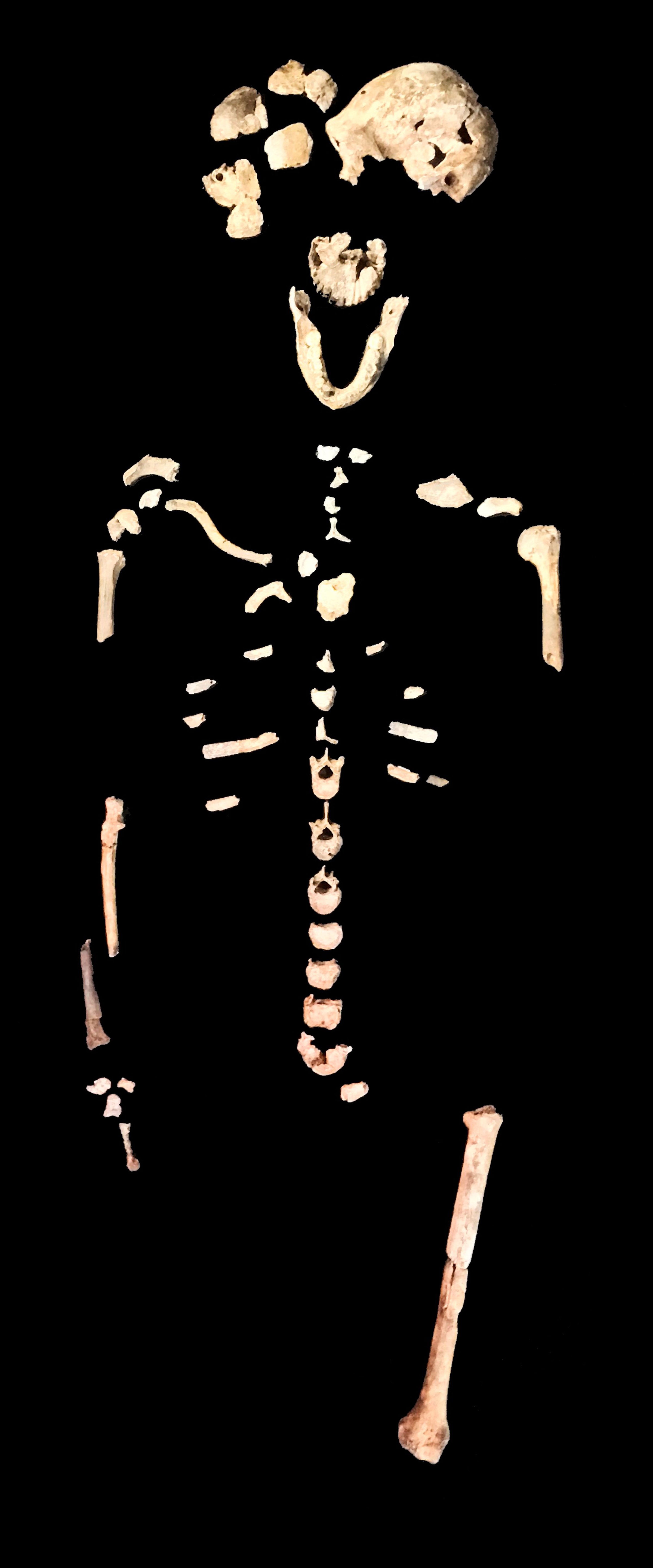
It’s hard to stir up controversy when you’ve been dead for tens of thousands of years, but 15 protohumans did just that in 2015, after their fossils were found in Johannesburg. They were hard to place on the human evolutionary ladder, with a jumble of relatively modern skeletal features but a brain as small as a gorilla’s. Many questions arose over their estimated age–a matter that was at last resolved on May 9, when it was revealed that they are roughly 236,000 years old.
That matters a lot, because it means that the prehumans might have been living right alongside early modern humans, or Homo sapiens. Taken together with what we already know about Neanderthals and Homo sapiens’ coexisting, it essentially debunks the old idea that modern humans evolved from a single line of prehumans. Instead, there were competing human models on the road together, with only one equipped to win.
The fossils that made the latest news belong to a protohuman species called Homo naledi and were uncovered in a cave by paleoanthropologist Lee Berger. He initially pegged their age at approximately 2 million years, but that was just an educated guess; Berger’s latest research used isotopic dating–a far more accurate tool–to place his finds at the less-than-a-quarter-million-year mark.
Nevertheless, Berger believes Homo naledi may be part of a more ancient line, one that could have emerged 2 million years ago but winked out–or was wiped out–when modern humans arose. We are a competitive, resource-gobbling species today, and the new research helps confirm that, for better or for worse, we always have been.
More Must-Reads From TIME
- The 100 Most Influential People of 2024
- The Revolution of Yulia Navalnaya
- 6 Compliments That Land Every Time
- What's the Deal With the Bitcoin Halving?
- If You're Dating Right Now , You're Brave: Column
- The AI That Could Heal a Divided Internet
- Fallout Is a Brilliant Model for the Future of Video Game Adaptations
- Want Weekly Recs on What to Watch, Read, and More? Sign Up for Worth Your Time
Write to Jeffrey Kluger at jeffrey.kluger@time.com